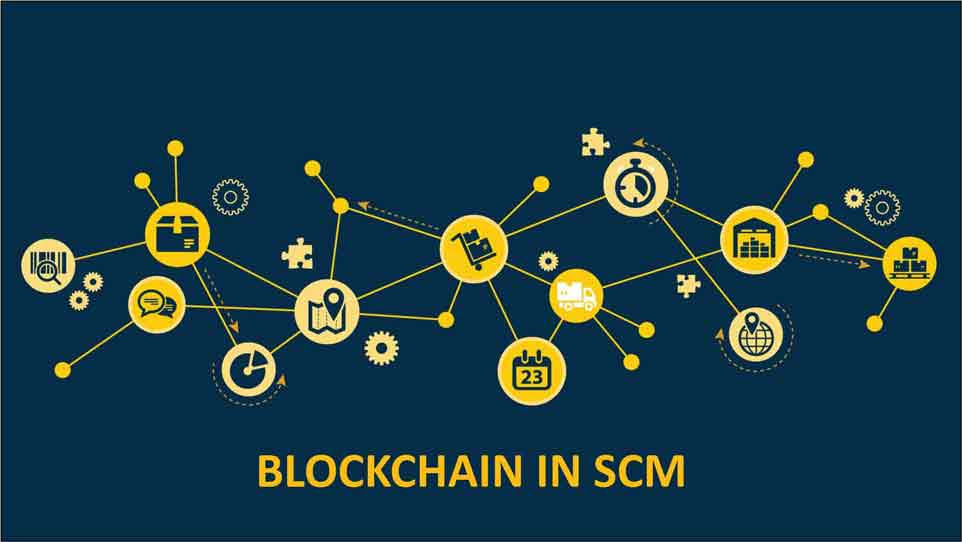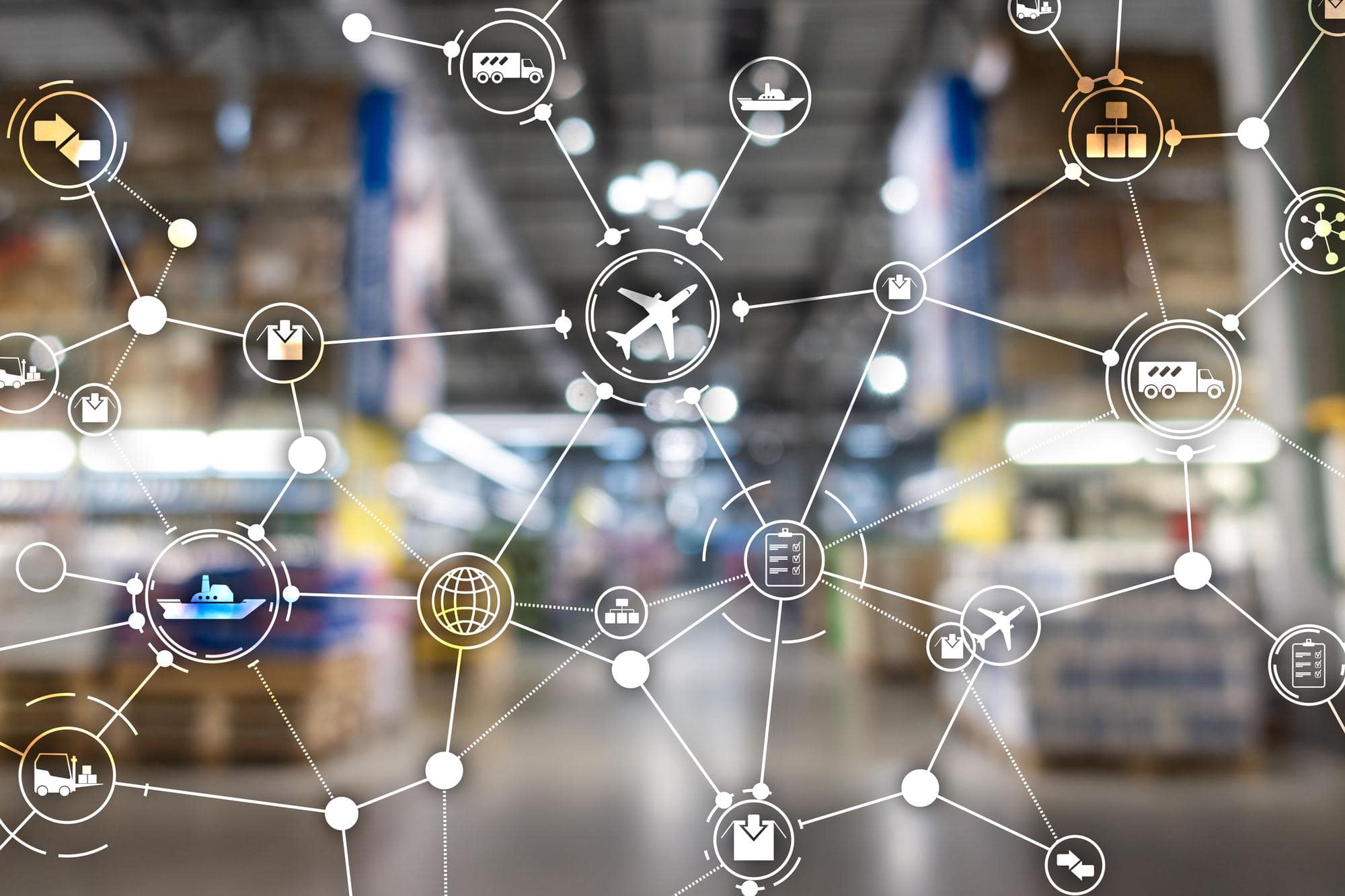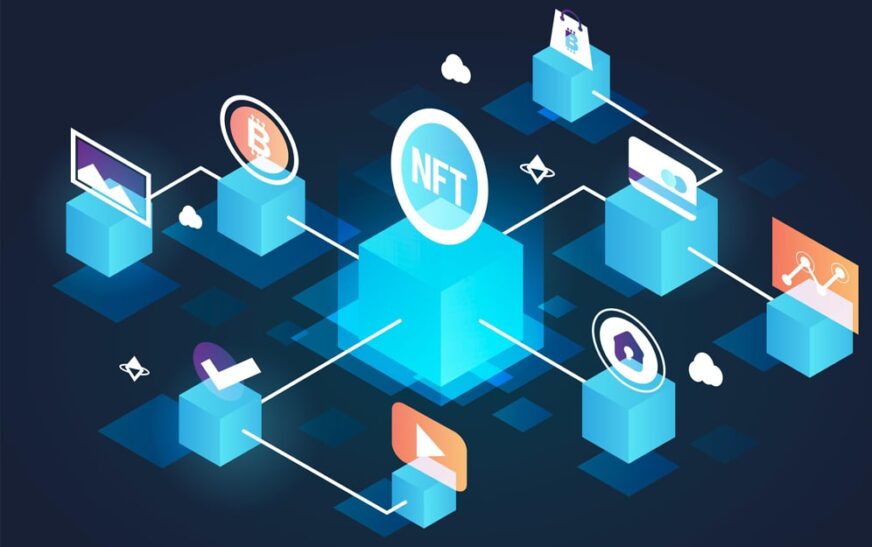Introduction to Blockchain Technology

Imagine a world where you can track every step of your product’s journey, from the farm to your doorstep. Blockchain technology is paving the way for this reality in supply chains across various industries. With its decentralized and transparent nature, blockchain offers an innovative solution to some of the most pressing challenges faced by traditional supply chain management.
As consumers become increasingly concerned about ethics and sustainability, transparency has emerged as a critical factor in building trust between brands and their customers. The demand for visibility into sourcing practices means companies must rethink how they operate. Enter blockchain—a tool that not only enhances efficiency but also fosters accountability among stakeholders.
In this blog post, we delve deep into the transformative impact of blockchain on supply chains. Let’s explore how it drives transparency and revolutionizes operations while examining real-world examples that illustrate its potential benefits and challenges. Join us on this enlightening journey through the evolving landscape of supply chain management!
The Impact of Transparency in Supply Chain

Transparency in the supply chain transforms the way businesses operate. It builds trust between companies and consumers, fostering loyalty that can last for years.
When customers know where their products come from, they feel more connected to brands. This connection is crucial in today’s ethically conscious market.
Moreover, transparency helps identify inefficiencies and reduce fraud. By tracking goods at every stage, companies can pinpoint problems quickly and respond proactively.
In addition, suppliers are held accountable through visible practices. This accountability encourages ethical sourcing and sustainable methods across industries.
With a transparent supply chain, businesses also enhance collaboration with partners. Shared insights lead to improved decision-making processes that benefit everyone involved.
This openness not only strengthens brand reputation but drives innovation as well.
Real-Life Examples of Companies Using Blockchain in Supply Chain Management
Walmart has embraced blockchain to enhance food safety. By tracking produce from farm to store, they can pinpoint the source of contamination within seconds. This reduces waste and ensures fresher products reach consumers.
Another example is De Beers, the diamond giant. They use blockchain to verify the authenticity and ethical sourcing of their diamonds. Customers can trace each gem’s journey, ensuring it wasn’t sourced from conflict zones.
IBM collaborates with various companies like Nestlé on its Food Trust initiative. This platform helps brands track ingredients through every step of production, fostering accountability and trust among stakeholders.
Maersk has also entered this space with TradeLens, a blockchain-enabled shipping solution that streamlines documentation processes and enhances visibility across global supply chains. Their approach minimizes delays while improving efficiency in logistics operations.
These real-world applications highlight how diverse industries are leveraging blockchain technology for greater transparency in their supply chains.
Benefits of Implementing Blockchain in Supply Chain
Implementing blockchain technology in the supply chain offers multiple advantages. First, it enhances traceability. Each transaction is recorded on a decentralized ledger that all parties can access, making it easier to track products from origin to consumer.
Cost reductions are another significant benefit. By minimizing paperwork and manual processes, companies can save money and reduce errors associated with traditional record-keeping methods.
Increased security is crucial as well. Blockchain’s encrypted nature protects data against fraud and unauthorized alterations. This fosters trust among stakeholders.
Moreover, improved efficiency streamlines operations. Automated processes mean faster transactions and less downtime for businesses.
Sustainability initiatives gain strength through transparency. Consumers increasingly demand ethical sourcing practices, and blockchain provides verifiable proof of compliance throughout the supply chain journey.
Potential Challenges and Limitations
Implementing blockchain technology in the supply chain is not without its hurdles. One significant challenge is scalability. As transaction volume increases, maintaining speed and efficiency can become difficult.
Another concern lies in interoperability. Different systems and platforms need to communicate seamlessly for blockchain solutions to be effective. This integration often requires substantial investment and technical expertise.
Data privacy presents another layer of complexity. While transparency is a key advantage, companies must balance it with the need to protect sensitive information from competitors or unauthorized access.
Moreover, regulatory uncertainty looms large over the adoption of this technology. Navigating various legal frameworks can prove cumbersome for businesses looking to implement blockchain solutions effectively.
There’s resistance to change within organizations accustomed to traditional methods. Overcoming this cultural barrier requires time and strategic effort from leadership teams committed to modernization.
Future Outlook of Blockchain in Supply Chain
The future of blockchain in supply chain management is bright and promising. As technology advances, more businesses are recognizing the need for transparency and efficiency.
Smart contracts could revolutionize transaction processes. They automate agreements, ensuring that conditions are met before execution. This can streamline operations significantly.
Additionally, as sustainability becomes a priority, blockchain can help trace the origins of products. Consumers increasingly want to know where their goods come from and how they’re made.
Collaboration among industries is likely to grow too. Companies will share data on a decentralized platform, reducing fraud while enhancing trust across the board.
Regulatory frameworks may also evolve alongside this technology. Governments might establish guidelines that encourage responsible use while addressing privacy concerns.
With continuous innovation, we may witness an ecosystem where real-time tracking is standard practice in supply chains worldwide.
Conclusion
The integration of blockchain technology into the supply chain is redefining how businesses operate. With enhanced transparency, companies can track products from origin to destination, ensuring authenticity at every step. This level of visibility not only builds trust among consumers but also streamlines operations, making processes more efficient.
As organizations continue to explore and implement blockchain solutions, they face challenges such as scalability and regulatory concerns. However, with ongoing advancements in technology and growing collaboration across industries, these obstacles are gradually being addressed.
Looking ahead, the future of blockchain in supply chains appears promising. Companies that embrace this innovative approach stand to gain a competitive edge while fostering greater accountability within their operations. The journey toward a transparent supply chain continues to evolve, paving the way for a more sustainable and reliable marketplace where stakeholders can thrive together.











